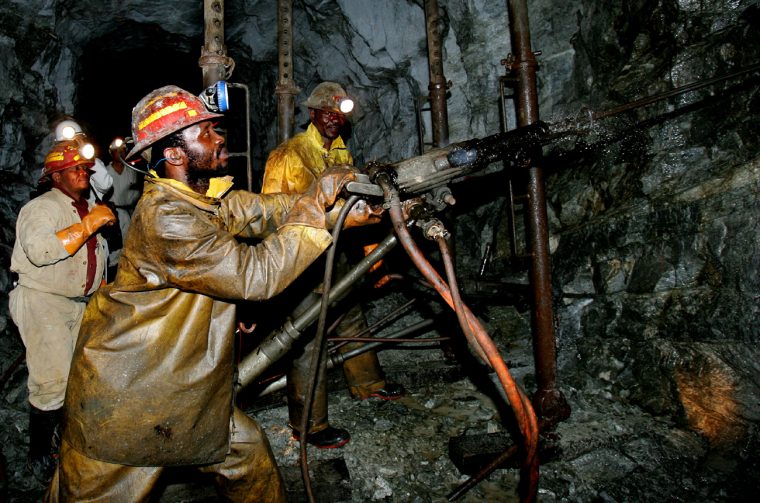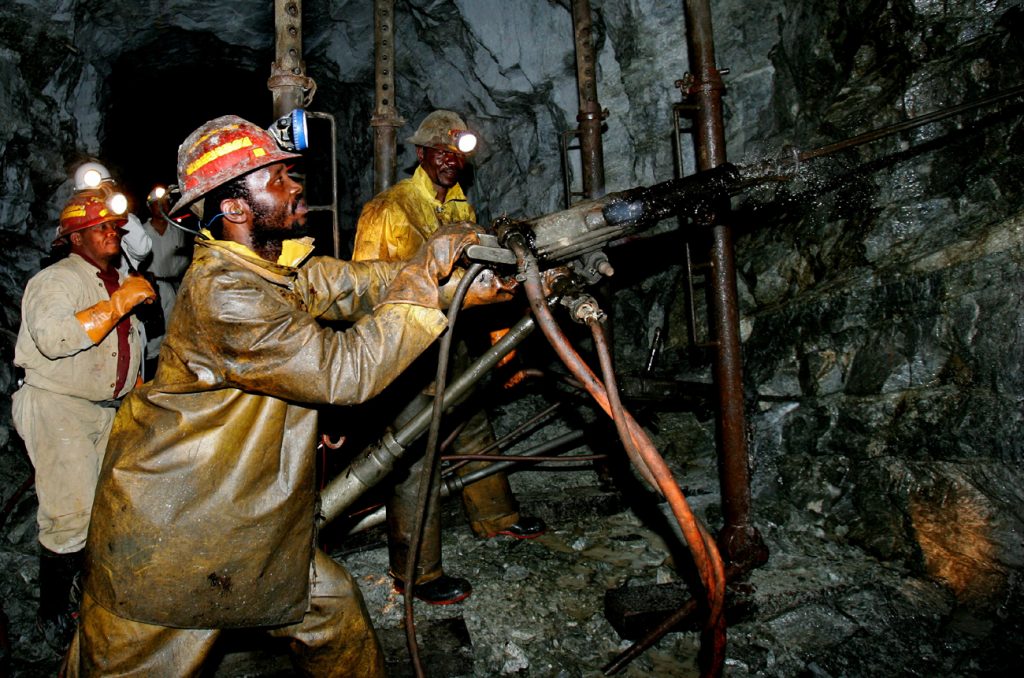 Confidence among mining executives in Zimbabwe has dipped further this year, hit by worries over power cuts, the foreign currency crisis and an uncertain policy outlook, a new industry survey shows.
Confidence among mining executives in Zimbabwe has dipped further this year, hit by worries over power cuts, the foreign currency crisis and an uncertain policy outlook, a new industry survey shows.
The Mining Business Confidence Index (MBCI), which gauges confidence among members of the Chamber of Mines, has dropped to 2.2% from 8% at the end of last year.
The index scale ranges from -100 to +100, with the lowest score representing least level of confidence and the biggest score representing the highest.
Mining executives expect a drop in production in 2019, but anticipate some recovery in 2020. However, overall sentiment remains largely weak, the survey shows.
The latest index shows how much confidence has collapsed from the 2017 index, which rose sharply to 21.9% in the immediate aftermath of the ouster of Robert Mugabe.
Before that, the index had last been measured at -6.6%. Under Mugabe, the index had been stuck mostly in negative territory, reflecting sub-zero investor confidence under his rule.
The initial bounce in confidence that followed President Emmerson Mnangagwa’s rise to power late in 2017 has now almost been reversed, replaced by growing pessimism over his failure to solve the power and forex crises, as well as bring policy stability to the economy.
To measure sentiment, the survey polled mine executives on their outlook on the economy, profitability, commodity prices, access to capital, the policy environment, title security, political risk and investment plans.
When asked to rank their most pressing concerns, executives placed power cuts at the top of the list. This was followed by “inadequate foreign exchange retention”; miners want to be allowed to keep 100% of their export earnings. Currently, they keep 55%, while the remainder is sold on the interbank market.
Other key concerns are rising production costs, discounted mineral prices and the shortage of capital.
Continued next page
(180 VIEWS)


